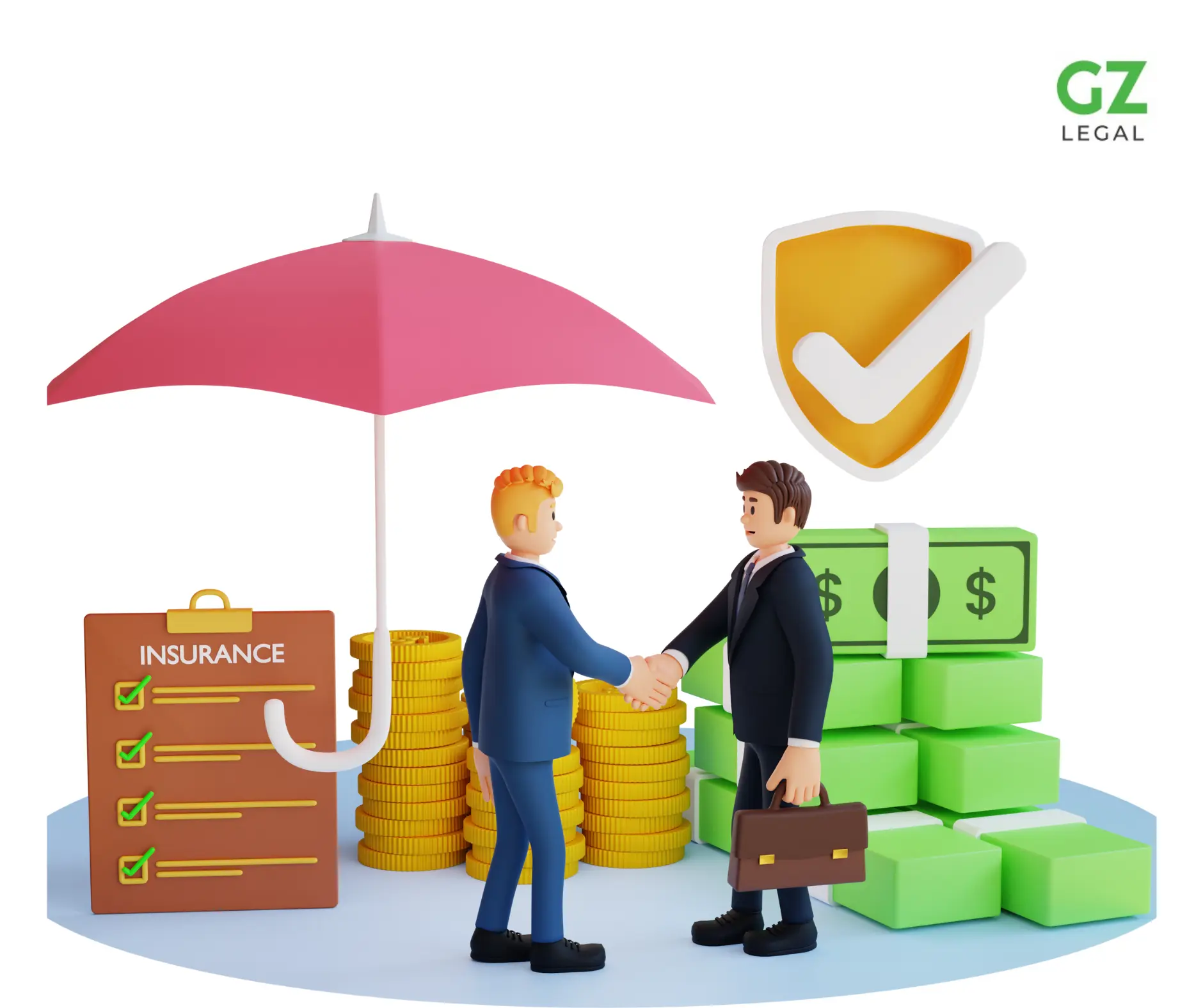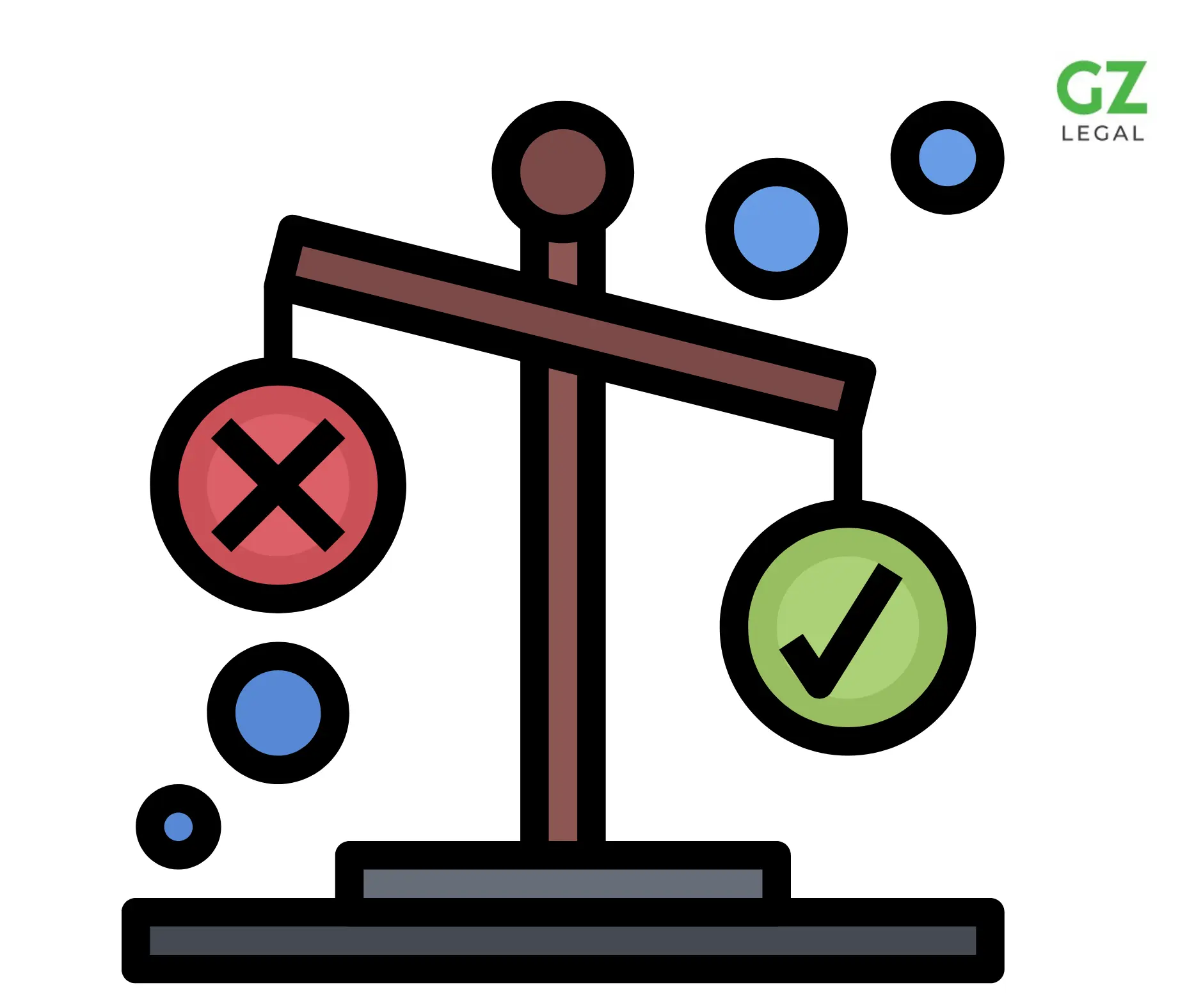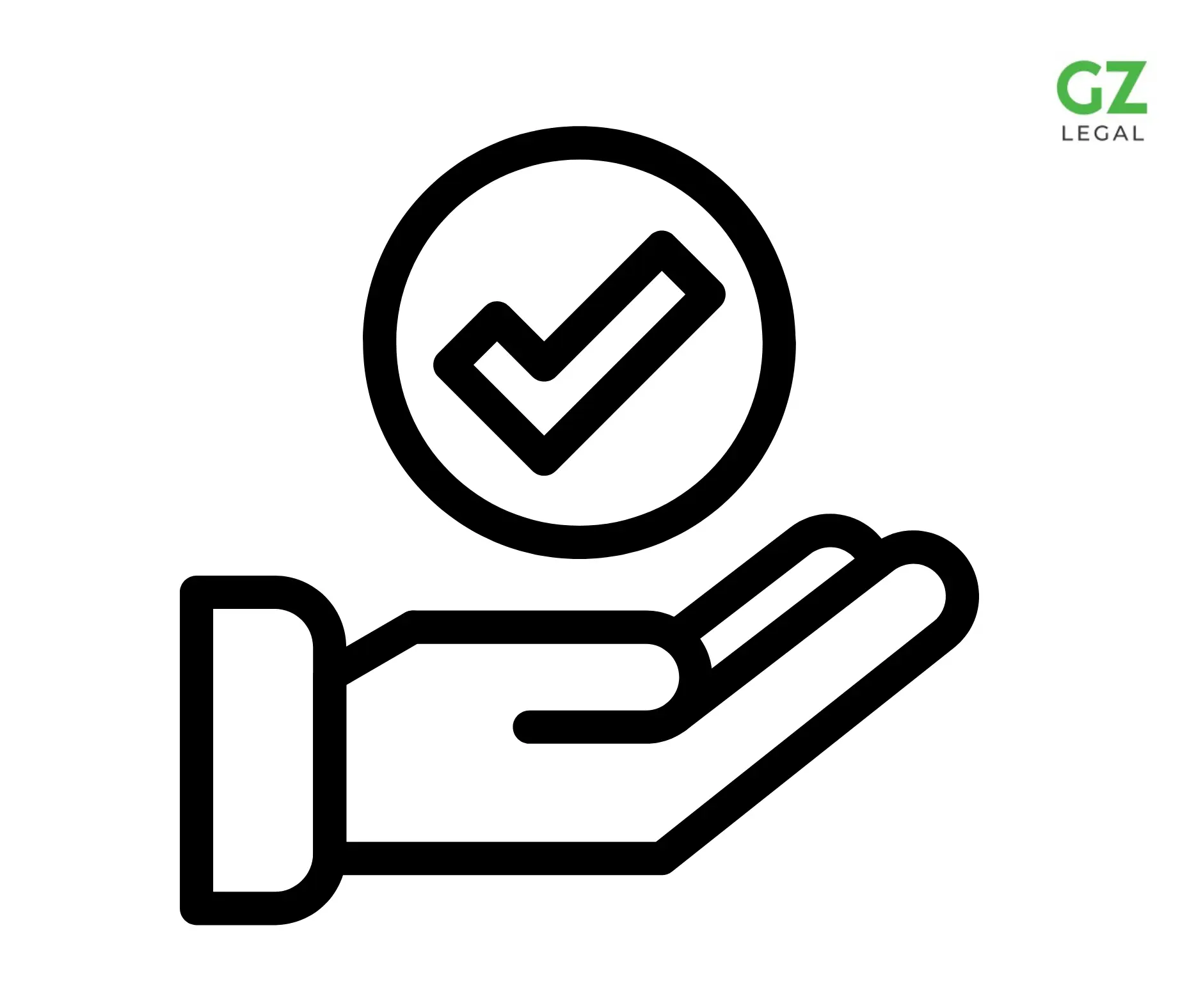Malcolm ZoppiSun Oct 15 2023
Business Contract Purchase: What to Know for Informed Decisions
Business contract purchase is a flexible financing option for businesses. Keep reading to find out more!
Business contract purchase is a flexible financing option for businesses seeking to lease vehicles while mitigating the risks associated with depreciation. This method allows companies to choose a brand-new vehicle, pay an initial deposit, and then continue to pay for the car or van in fixed monthly instalments. At the end of the agreement, businesses have the option to return the vehicle, purchase it outright, or use it as part exchange for a new one.
Understanding the intricacies of a business contract purchase is essential for companies to make well-informed decisions and determine if this option aligns with their financial needs and goals. Factors to consider include the agreement’s key aspects, future value and depreciation, financial considerations, and insurance and maintenance packages as well as weighing the benefits and drawbacks in comparison to other finance options.
Key Takeaways
- Business contract purchase offers flexibility and options at the end of the agreement
- Consider future value, depreciation, and financial aspects before committing
- Evaluate benefits and drawbacks in comparison to other financing options
Understanding Business Contract Purchase
Business contract purchase (BCP) is a type of financing agreement for VAT-registered limited companies, and businesses that want to own their vehicles without the risk of depreciating assets. In this setup, your business selects a brand new vehicle, pays an initial deposit, and continues to pay for the car or van through fixed monthly instalments.
BCP offers you a long-term rental purchase agreement designed specifically for business use. At the end of the agreed-upon term, you have three options:
- Return the vehicle: This entails ending the agreement without further commitment.
- Purchase the vehicle outright: Pay a pre-agreed amount, called a “balloon payment,” to gain ownership of the vehicle.
- Use the vehicle as part exchange: Start a new agreement with a new vehicle, essentially trading in the old one and starting afresh with a different vehicle.
As you engage in a business contract purchase, it’s fundamental to fully understand the terms and conditions of the contract. A contract is a legally binding arrangement between two or more parties, and in this case, it involves your business and the financial institution or leasing company that provides the vehicle. Ensure that you discuss and clarify any concerns or questions you may have with the leasing or finance company, before finalising the agreement, as this helps avoid potential issues or disputes in the future.
Moreover, bear in mind the financial implications of choosing a business contract purchase. This form of financing typically requires a larger initial deposit and may have higher monthly payments compared to other finance options, such as business contract hire. However, the main advantage here lies in the ability to purchase the vehicle at the end of the term or use it as a part exchange for a new one.
In conclusion, when considering business contract purchase for your company vehicles, it’s vital to weigh up the benefits and drawbacks of this financing option. Assess your business’s financial situation, future vehicle requirements, and the importance of ownership at the end of the agreement to make an informed decision. Ultimately, BCP can be an optimal choice for businesses that wish to combine the benefits of leasing with the option to own their vehicles if desired.
Key Aspects of a Business Contract Purchase
Contract Terms
When considering a business contract purchase, it’s essential to understand the contract terms. These agreements are usually long-term rental purchase agreements that provide businesses with a low initial outlay and the option to buy at the end of the contract. The contract’s essential elements include an offer, acceptance, intention to create a legal relationship, and consideration (usually monetary).
Deposit and Monthly Payments
A key aspect of a business contract purchase is determining the initial deposit and subsequent fixed monthly payments. The deposit is usually a smaller outlay compared to an outright purchase, which can be beneficial for businesses looking to manage cash flow. Your monthly payments will cover the rental of the vehicle and, if chosen, any maintenance options. The balloon payment, or the guaranteed residual value of replacement vehicle, is agreed upon at the start of the contract.
Mileage and Maintenance
Mileage and maintenance are other crucial components of a business contract purchase. You’ll need to be aware of any other mileage limits or restrictions set out in the contract, as exceeding these limits may result in additional charges. Maintenance options can also be included in the contract, covering expenses such as servicing the vehicle and replacing parts. By having a clear understanding of the terms surrounding mileage and maintenance, you can ensure your business efficiently manages its fleet while minimising unexpected costs.
Future Value and Depreciation
When it comes to business contract purchases, understanding the future value and depreciation of the assets involved at initial agreement is important. In this context, future value refers to the projected worth of an asset at the end of the contract period, while depreciation denotes how an asset loses its value over time.
As you consider a business contract purchase, one significant aspect to examine is equity. This is the difference between the asset’s current market value and any outstanding finance, and it plays a crucial role in determining the final value of the transaction. A key component of this equation is the guaranteed future value (GFV), also known as residual value. The GFV serves as a minimum sum that the asset will be worth at the end of the contract period, thus allowing you to plan your investment with more certainty.
Another term that you might encounter is the guaranteed minimum future value (GMFV), which is similar to the guaranteed residual value. In both cases, this figure represents an agreed-upon minimum worth of the asset at the end of the contract. This value ensures that you are protected from unexpected or depreciation risks, helping you avoid potential losses when the contract comes to an end.
Depreciation plays a key role in determining both the equity and future value of assets in a business contract purchase. As an asset depreciates, its value decreases gradually over time, which may affect the amount you can potentially gain or lose in the transaction. Understanding the depreciation rate of the asset you are dealing with will enable you to make informed decisions and anticipate any possible risks.
To sum up, when dealing with business contract purchases, being familiar with the concepts of future value, depreciation, negative equity,, and residual values is crucial to ensure a successful outcome. By knowing and working with these variables, you can make strategic investments in assets and protect yourself from potential financial pitfalls.
Options at the End of the Agreement

When it comes to the end of a business contract purchase agreement, you have several options to consider depending on your business needs and financial situation. It’s important to understand these options in order to make the best decision for your company.
1. Return the vehicle: One option is simply to return the vehicle to the leasing company at the end of the agreement. This allows you to walk away without any further obligations or commitments, providing you have adhered to the terms and conditions of the contract, such as mileage limitations and wear and tear requirements.
2. Purchase the vehicle outright: If you decide that you would like to retain the vehicle for your business, you have the option to buy it outright at the end of the contract period. This typically involves paying a pre-agreed final balloon payment, also known as a Guaranteed Future Value (GFV), which represents the vehicle’s estimated residual value at the end of the agreement term.
3. Use the vehicle as part-exchange: Another option is to use the vehicle as part-exchange for a new one. In this case, any positive equity generated by the vehicle’s market value being higher than the GFV can be put towards a new business contract purchase agreement on another vehicle, reducing the initial deposit and potentially the monthly payments on your next contract.
4. Refinance: If you wish to keep the vehicle but do not have the funds to pay the final payment on the GFV in full, you may be able to refinance the balloon payment. This usually involves entering into a new finance agreement for the amount of the GFV, with new monthly payments and a new term.
As you can see, a business contract purchase agreement offers various options at the end of the contract to suit your needs. It is essential to weigh up the benefits and drawbacks of each option and to consider factors such as the vehicle’s condition, depreciation, and your business requirements in order to make the best decision for your company.
Financial Considerations

When considering a business contract purchase, it’s essential to understand the financial implications involved. This section will outline various financial factors you should bear in mind during your decision-making process.
VAT and Tax
A significant financial consideration when entering a business contract purchase is the impact of Value Added Tax (VAT) and other tax implications. In many cases, VAT can be reclaimed by your business on the finance agreements and payments you make. Additionally, you should consider how the finance agreement will affect your company’s taxable profits. Consult with your accountant or financial advisor to determine the most favourable tax positions for your business.
Finance Payments
One of the core aspects of a business contract purchase arrangement is the monthly finance payments. Your business will make an initial deposit followed by fixed monthly payments for the duration of the agreement. It’s crucial to be aware of these obligations and ensure they are manageable within your company’s budget. These payments can typically be expensed against company profits, helping to reduce your overall tax liability.
Insurance and Maintenance Packages

When considering a business contract purchase, it’s important to understand the options available for insurance and maintenance packages. These elements not only protect your investment but also ensure you’re prepared for unexpected costs and incidents.
Insurance: With any vehicle lease or purchase, obtaining the appropriate insurance is a legal requirement. For business contract purchases, it’s crucial to obtain fully comprehensive insurance that meets the needs of both your business and the leased vehicle. Factors such as the type of business, the use of the vehicle, and the drivers’ profiles will come into play. When evaluating different insurance options, research and compare premium rates and coverage limits before committing to a specific policy.
Maintenance package: A maintenance package can provide peace of mind by covering the cost of your vehicle’s servicing, routine repairs, and wear and tear items. By including a maintenance package in your business contract purchase agreement, you ensure that risks, like unexpected repair and service costs, are minimised. These packages typically cover aspects such as tyres, brakes, lights, and exhaust. Note that accidental damage isn’t usually covered in maintenance packages; hence, you would need separate insurance for those situations.
It’s essential to weigh the potential benefits and costs of including a maintenance package in your contract. Maintenance package prices vary depending on the vehicle make, model, and contract duration; therefore, consider these factors when making your decision.
By ensuring you have comprehensive insurance coverage and considering a maintenance package, you can confidently enter a business contract purchase knowing that you’re prepared for unexpected events and safeguarding your business’s long-term finances.
Benefits and Drawbacks

When considering a business contract purchase, it’s essential to weigh the advantages and disadvantages to determine if it’s the right choice for your company.
One key advantage of business contract purchase is the flexibility it offers. With this type of agreement, you have the choice to retain the vehicle at the end of the contract period. This gives your business the opportunity to either keep the asset or walk away without worrying about depreciation concerns. Additionally, business contract purchases often come with low initial payments, which can help manage cash flow and make budgeting easier.
Another positive aspect is the predictability of fixed monthly payments. This allows you to budget and plan your expenses more effectively. Moreover, you can also choose to include maintenance and servicing in the contract, ensuring that the vehicle remains in good condition throughout the lease period.
In summary, when examining the benefits and drawbacks of business contract purchase, it’s crucial to assess your company’s needs and financial situation. The flexibility, fixed monthly payments, and optional maintenance coverage can make it an appealing option, but it’s essential to consider the potential downsides such as the upfront costs and the possibility of missing out on better deals in the market.
Contract Purchase vs Other Finance Options
Contract Hire
Contract Hire is a long-term rental agreement where you use a vehicle for a fixed period and pre-agreed annual mileage amount. You make monthly payments, and at the end of the term, you simply return the vehicle. This option is suitable if you don’t want to own the vehicle at the end of the contract. Unlike Business Contract Purchase (BCP), there is no option to buy the vehicle.
Hire Purchase is a finance option where you pay a deposit and make monthly payments to eventually own the vehicle at the end of the agreement. This option is suitable if you’re aiming for full ownership. Unlike BCP, there is no option to return the vehicle and end the agreement early without penalties, and the monthly payments tend to be higher.
Finance Lease
A Finance Lease allows you to rent a vehicle for a fixed term, with an option to purchase it for a predetermined amount called the ‘balloon payment’ at the end of the agreement. However, ownership is not guaranteed, and you may have to sell the vehicle to settle the balloon payment. Unlike BCP, VAT is charged on the monthly payments but can be claimed back if the vehicle is used for business purposes.
Lease Purchase
Lease Purchase is similar to BCP, as both allow for monthly payments with optional final payment and an option to buy the vehicle at the end of the contract. However, Lease Purchase typically requires a larger initial deposit and higher monthly payments. Additionally, there is no option to return the vehicle and walk away at the end of the contract, as with BCP.
In summary, BCP provides flexibility, with options to purchase, return, or part-exchange the vehicle at the end of the agreement. It tends to have lower monthly payments compared to Hire Purchase and Lease Purchase, and there is no VAT charged on monthly payments, unlike Finance Lease.
Conclusion

In this section, we offer a concise wrap-up of the key points to consider when opting for a Business Contract Purchase (BCP). BCP is a long-term rental agreement that provides a flexible solution for acquiring vehicles for your business.
As you evaluate this financing option, remember that with BCP, your business can enjoy manageable fixed monthly payments, allowing for better cash flow management. The agreements typically include an initial deposit, followed by these fixed monthly cost instalments. Keep in mind that VAT is generally paid upfront on the full purchase price, but your business may be eligible to claim back a percentage based on the vehicle’s usage for business purposes.
At the end of the contract period, BCP offers three choices for your business: 1) return the vehicle, 2) purchase the vehicle outright, or 3) use the vehicle as part-exchange for a new one. This flexibility can be especially helpful in adapting to the changing needs of your business over time.
In conclusion, take time to carefully weigh the pros and cons of BCP against other vehicle financing options such as Business Contract Hire (BCH). Be sure to assess factors like tax implications, vehicle ownership goals, and long-term business growth plans when making your decision. By doing so, you can make a well-informed choice and help your customers and your business thrive with the right fleet of vehicles.
Frequently Asked Questions
What are the main advantages of business contract purchase?
Business Contract Purchase offers several advantages for your company. The flexible terms allow you to tailor the contract duration and mileage according to your requirements. One key benefit is the guaranteed resale value of the vehicle, which ensures that you are aware of the amount you’ll receive at the end of the agreement. This type of purchase allows your business to stay updated with the latest vehicle models while having the option to retain the vehicle at the end of the contract period.
How do capital allowances affect business contract purchase?
Capital allowances come into play with business contract purchase as they can help reduce your company’s taxable profit. When you purchase vehicles through a contract, the value of the vehicles can be written down against taxable profits, which could result in tax savings for your business.
What are the terms for voluntary termination of contract purchase?
Voluntary termination of a contract purchase occurs when you wish to end the agreement before the agreed-upon term has been completed. To do this, you typically need to have paid at least 50% of the total finance amount, including any interest and fees. It’s important to consult your specific contract to understand the exact rules and conditions surrounding voluntary termination.
What regulations apply to sales under business contract purchase?
Sales under business contract purchase are subject to the Consumer Credit Act and other related regulations. The legislation aims to protect consumers and ensure fair practices among businesses, providing clear terms and conditions of the contract and ensuring appropriate disclosures. Always make sure to work with reputable finance companies to ensure compliance with all relevant regulations.
Is it possible to purchase electric cars like Tesla under a business contract?
Yes, electric vehicles, including Tesla models, are available for purchase under business contract schemes. Many leasing companies recognise the growing demand for electric vehicles and offer flexible leasing options for both cars and commercial vehicles. Acquiring electric vehicles through a business leasing contract can help your company stay up-to-date with the latest in green technology while benefiting from the tax advantages associated with low-emission vehicles.
How does contract purchase vary for different vehicles such as cars or vans?
Contract purchase agreements can differ slightly depending on the type of vehicle – be it a car, van, or other commercial vehicle. Factors influencing the terms may include the vehicle’s make, model, and specifications, as well as the intended usage and mileage requirements. Additionally, the deposit and monthly payments may differ based on the overall value of the vehicle and your specific arrangements with the leasing company. It’s essential to clarify these details with the your finance provider before entering into a contract to ensure it suits your business needs.
Find out more!
If you want to read more in this subject area, you might find some of our other blogs interesting:
- Step-by-Step Guide on How to Transfer Shares to a Holding Company
- Breach of Settlement Agreement: Consequences and Remedies Explained
- Who Gets the Money When a Company is Sold?
- What is a Counter Offer in Contract Law? Explained Simply and Clearly
- Understanding the Costs: How Much Do Injunctions Cost in the UK?
Disclaimer: This document has been prepared for informational purposes only and should not be construed as legal or financial advice. You should always seek independent professional advice and not rely on the content of this document as every individual circumstance is unique. Additionally, this document is not intended to prejudge the legal, financial or tax position of any person.